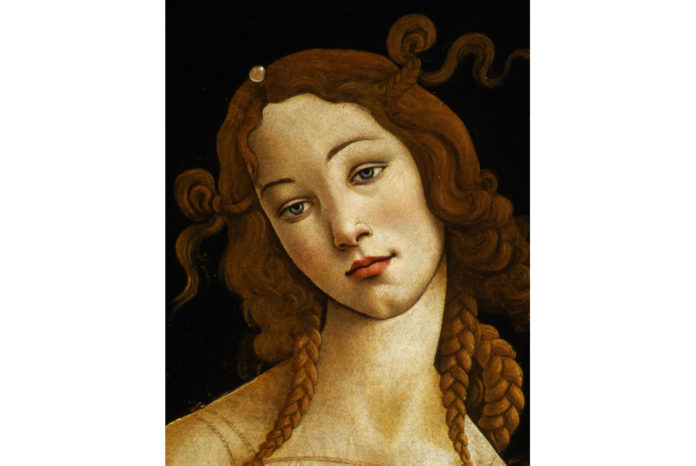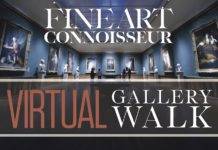
The largest exhibition of paintings by this canonical Renaissance painter ever shown in the United States recently landed at this East Coast institution. Who and where?
Any painting that survives today by the hand of Renaissance master Sandro Botticelli (1445-1510) is one worth viewing — especially if you don’t necessarily have to travel to Europe. The Museum of Fine Arts Boston is overjoyed to currently be presenting the largest exhibition of the artist’s work ever on U.S. soil. The exhibition was first shown at the Muscarelle Museum of Art in Williamsburg, Virginia.
Now on view in Boston now through July 9, “Botticelli and the Search for the Divine” is being called “the most important Botticelli exhibition ever seen in the United States,” the museum reports. “Every phase of the artist’s tumultuous career is represented in this selection, as well as nine works by his master Filippo Lippi, the only pupil of Masaccio. Botticelli was guided to success by the Medici dynasty, the patrons for sacred altarpieces and sensuous paintings of classical mythology, including several in this unprecedented exhibition. After the fall of the Medici, many of his paintings were lost in the bonfires of the vanities.”
To learn more, visit the Museum of Fine Arts Boston.
This article was featured in Fine Art Today, a weekly e-newsletter from Fine Art Connoisseur magazine. To start receiving Fine Art Today for free, click here.







